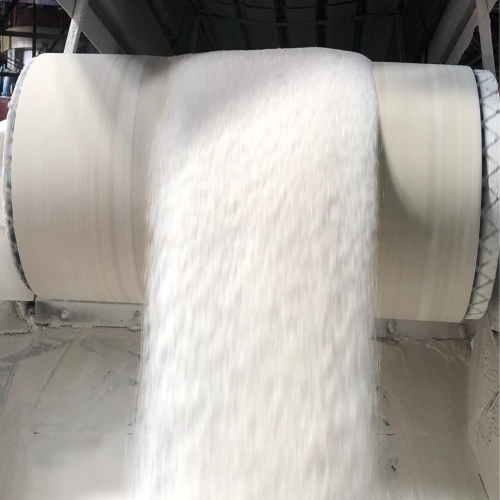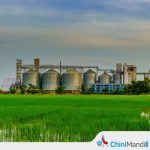Right now, the sugar industry is going through a revolutionary period in which Mechanical Vapor Recompression (MVR) technology is essential. This cutting-edge approach tackles the industry’s efficiency and environmental issues, paving the path for a more economical and sustainable future.
Understanding MVR Technology in the Production of Sugar
Sustainability and energy optimization are central to MVR technology. By compressing the vapor produced during the processing of sugarcane, it can be recycled and utilized again as a thermal energy source because the compression increases the vapor’s temperature and pressure. The use of expensive and environmentally harmful traditional steam generation techniques is significantly reduced by this creative energy recycling.
A Closer Look at MVR’s Advantages
The sugar industry can benefit from MVR technology in a number of ways, including:
– Economic Advantages: By lowering the requirement for biomass or fossil fuels in the production of steam, MVR dramatically lowers operating costs. Fuel consumption is significantly reduced by this energy-efficient process, which directly benefits sugar processors’ bottom line.
– Quality Improvement: Sugar’s nutritional and physical qualities are preserved thanks to the mild processing conditions that MVR technology maintains. MVR minimizes exposure to high temperatures, which keeps sugar from caramelizing and degrading and guarantees a higher-quality product.
– Environmental Sustainability: The advantages of MVR technology for the environment are among its most persuasive features. The use of electricity, ideally from renewable sources, allows MVR to significantly reduce greenhouse gas emissions. Furthermore, the technology’s water-saving feature dramatically lowers water usage, which is a crucial component of sustainability, thanks to its closed-loop system that recycles vapor.
– Production Efficiency: MVR improves the stages of concentration and crystallization in the sugar manufacturing process. This increases production capacity while also providing increased operational flexibility, enabling plants to react more quickly to market demands.
Increasing Utilization in the Sugar Sector
MVR technology is adaptable and useful at different phases of the sugar production process:
– Concentration: It works well for concentrating sugar solutions, which helps with spray drying or crystallization preparation.
Evaporation: This technique is very useful for removing heavier materials such as syrup or molasses, which prepares the way for additional crystallization or fermentation.
– Drying: By employing superheated steam produced by recycled vapor, MVR technology can make a substantial contribution even in the last stages, such as drying sugar crystals.
Charting the Course for Innovation
Careful planning is necessary for the sugar industry’s adoption of MVR. Every element, from the first design to the operational stage, must be painstakingly created to guarantee efficacy and efficiency. The technology’s success in other industries, such as dairy, shows its potential and emphasizes the need for innovations and industry-specific adaptations.
The Function of Cutting-Edge Control Systems
Sophisticated control systems augment the efficiency of MVR technology. PLCs (Programmable Logic Controllers), variable frequency drives, and sophisticated sensors in these systems guarantee exact control over the whole process. These control systems optimize energy use and guarantee consistent product quality by varying compressor speeds and preserving ideal vapor pressure and temperature.
Highlight on Achievement: MVR Integration in India
MVR technology is already being used by a number of Indian producers of jaggery and sugar to enhance product quality, cut energy use, and lessen environmental impact. For instance, Spray Engineering Devices Limited, a Pune-based business, concentrates sugarcane juice and syrup using MVR technology. MVR technology is being used by Praj Industries Limited, a different Gujarati company, to concentrate spent wash—a waste product of the distillery—at Aurangabad Distillery in Pune and Shankar SSK Limited in Solapur. Some sugar mills in India are also using MVR technology to make refined sugar, which is more pure and high-quality than regular white sugar. One of the top sugar producers in India, Dhampur Sugar Mills Limited, is one example of this. At its Asmoli facility, it has built an MVR-based refinery that can produce 1500 tons of refined sugar per day. In addition to increasing the mill’s profitability, this refinery meets the rising demand for premium sugar products.
Disclaimer: The views and opinions expressed in the article by Dilip Patil, Managing Director of Samarth SSK Ltd., are solely his own.













